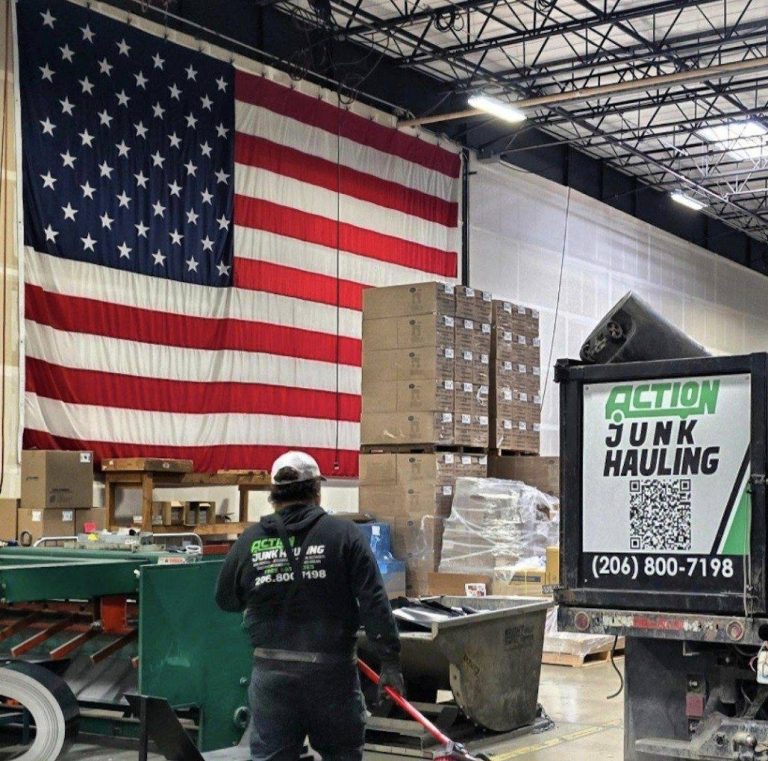Becoming a certified medical courier is a critical career path for those interested in ensuring the timely and safe delivery of medical specimens, equipment, and supplies. Medical couriers play a vital role in healthcare by handling sensitive and often time-sensitive items that are essential for patient care.
1. Understand the Role and Requirements
Before diving into the certification process, it’s essential to understand the responsibilities of a medical courier. They are responsible for transporting medical specimens, medications, and equipment between healthcare facilities, laboratories, and other locations. Key skills for this role include attention to detail, excellent communication skills, and the ability to handle stress.
Requirements typically include a valid driver’s license, a clean driving record, and often, a high school diploma or equivalent. Understanding the basic requirements will help you gauge if this career aligns with your interests and abilities.
2. Obtain Relevant Training
While formal education is not always required, specialized training is crucial. Look for training programs or courses that focus on medical courier services. These programs often cover topics such as:
- Transporting Medical Specimens: Handling and transporting various types of specimens, including blood and tissue samples.
- Regulations and Compliance: Understanding HIPAA regulations, OSHA guidelines, and other relevant laws to ensure the safe and legal handling of medical items.
- Emergency Procedures: Managing emergencies, including how to respond if a specimen is compromised.
These programs are often offered by vocational schools, community colleges, or specialized training organizations.

3. Gain Experience
Practical experience is invaluable. Consider working in entry-level positions within healthcare logistics or as a delivery driver for related industries to gain experience. This hands-on experience will help you understand the nuances of the role and develop essential skills, such as:
- Customer Service: Interacting with healthcare professionals and patients.
- Time Management: Ensuring timely deliveries while managing multiple stops.
- Safety Protocols: Adhering to protocols to ensure the integrity of medical specimens.
4. Get Certified
Certification is a significant step in establishing credibility and advancing your career. The certification process typically involves:
- Choosing a Certification Body: Several organizations offer medical courier certification, including the National Academy of Medical Certifying Agencies (NAMCA) and the Medical Courier Certification Board (MCCB).
- Meeting Eligibility Requirements: Ensure you meet the prerequisites, which may include a certain amount of experience or completion of a training program.
- Passing the Exam: Prepare for and pass a certification exam that tests your knowledge of medical courier responsibilities, regulations, and procedures.
Certification not only demonstrates your expertise but also enhances your employability and may lead to better job opportunities and higher pay.
5. Maintain Certification and Continuing Education
Once certified, it’s crucial to stay updated with the latest industry practices and regulations. Certification bodies often require ongoing education to maintain your certification. This may include:
- Renewal Exams: Periodic exams to test your continued competence.
- Continuing Education Courses: Additional training or courses to keep you informed about new developments in the field.
- Staying current with industry changes ensures that you remain compliant with regulations and continue to provide high-quality service.
6. Network and Seek Employment Opportunities
Networking can help you find job opportunities and connect with professionals in the field. Join relevant professional associations or online forums to engage with other medical couriers. Additionally, seek employment through:
- Healthcare Facilities: Hospitals, clinics, and laboratories often need medical couriers.
- Courier Services: Companies specializing in medical logistics frequently hire certified couriers.















